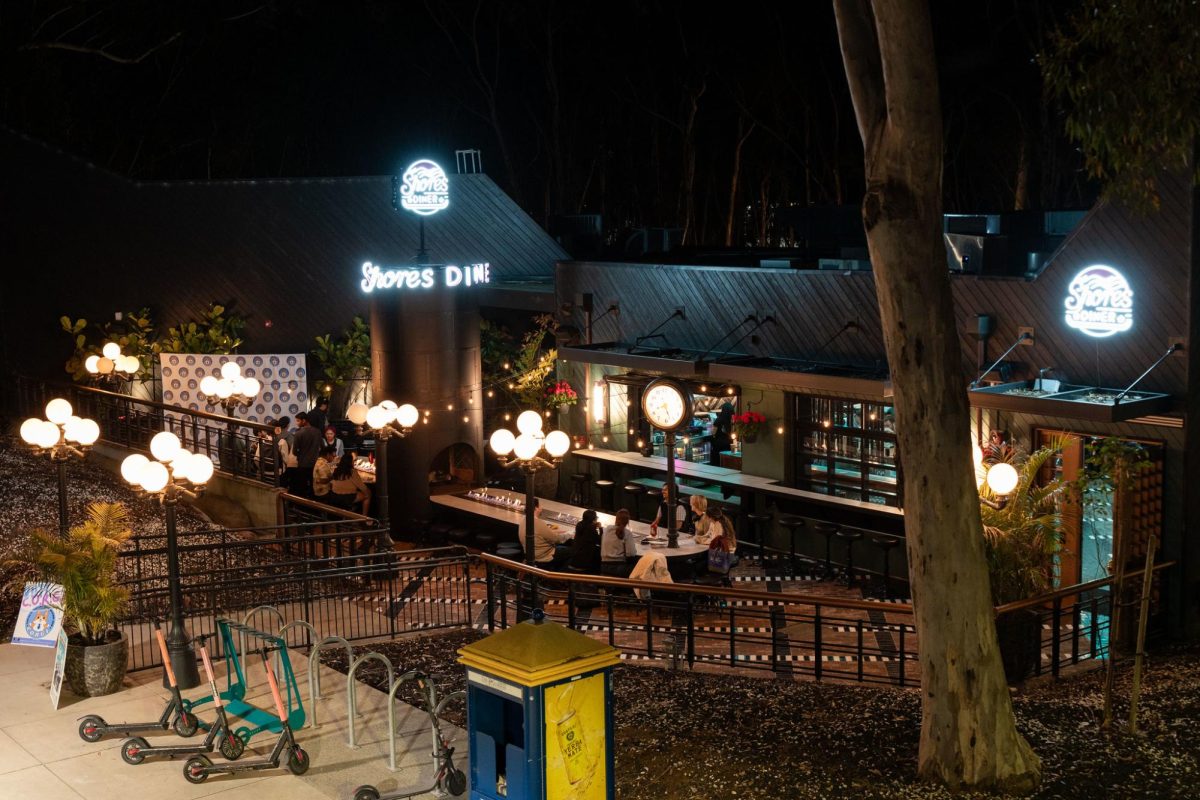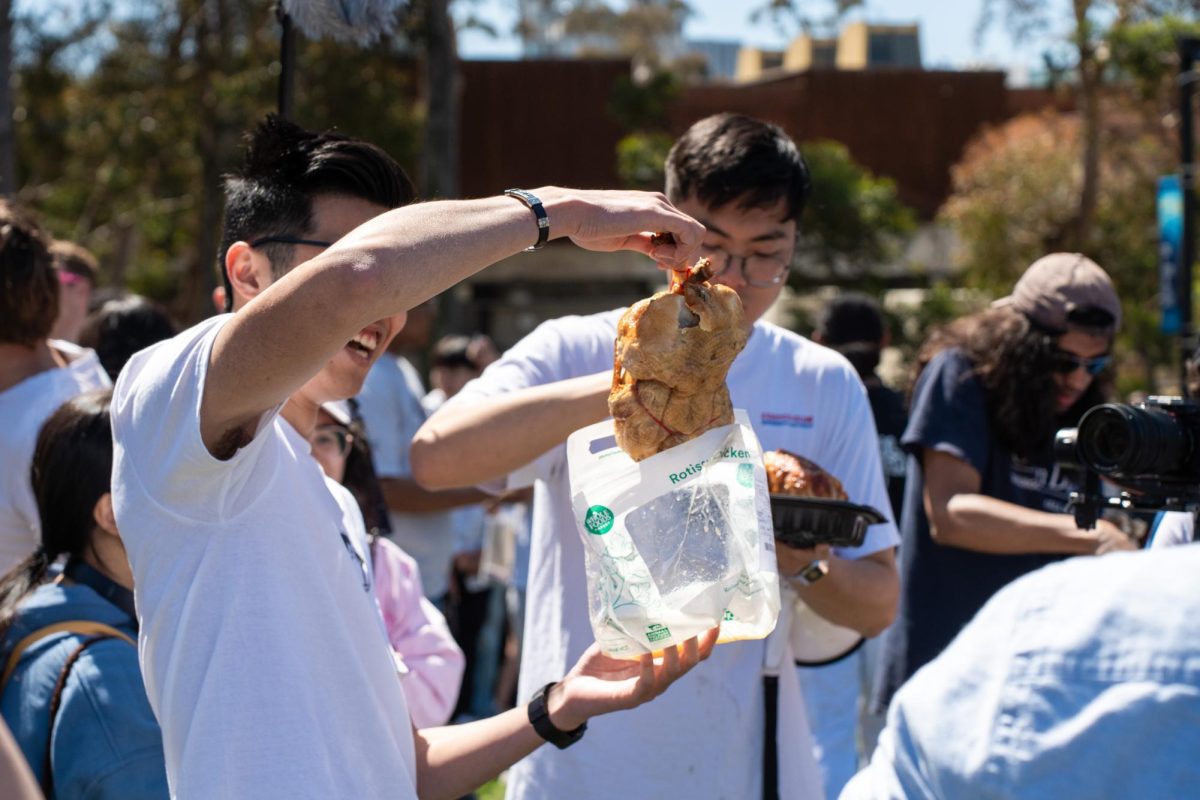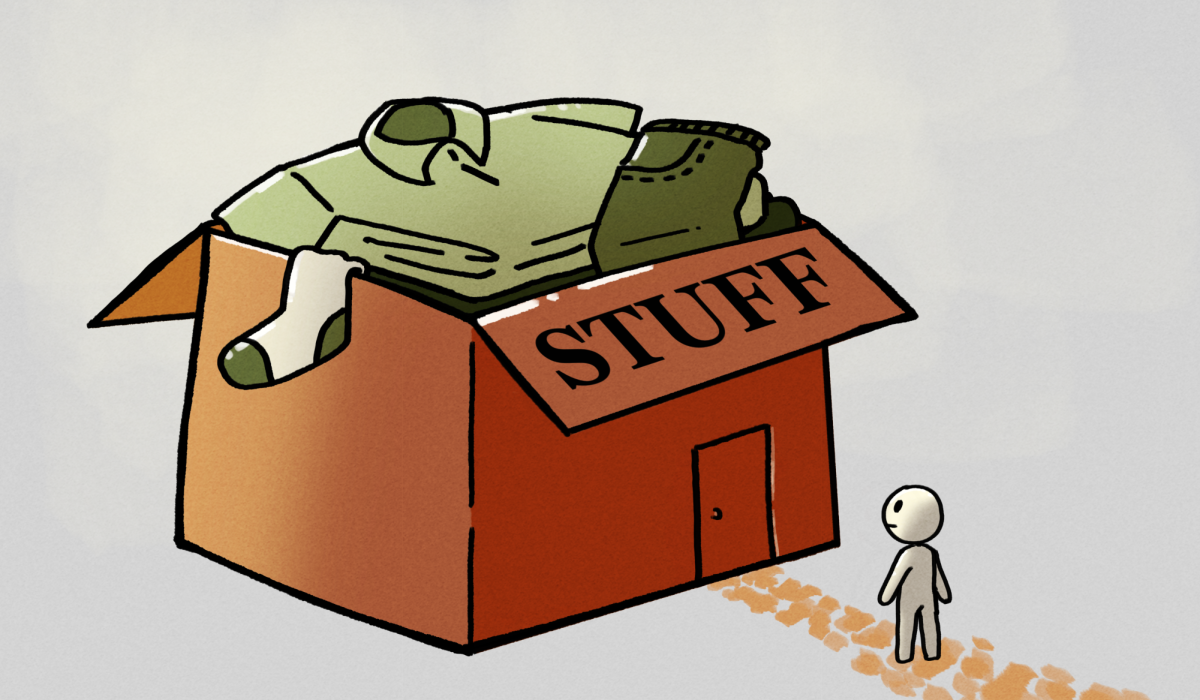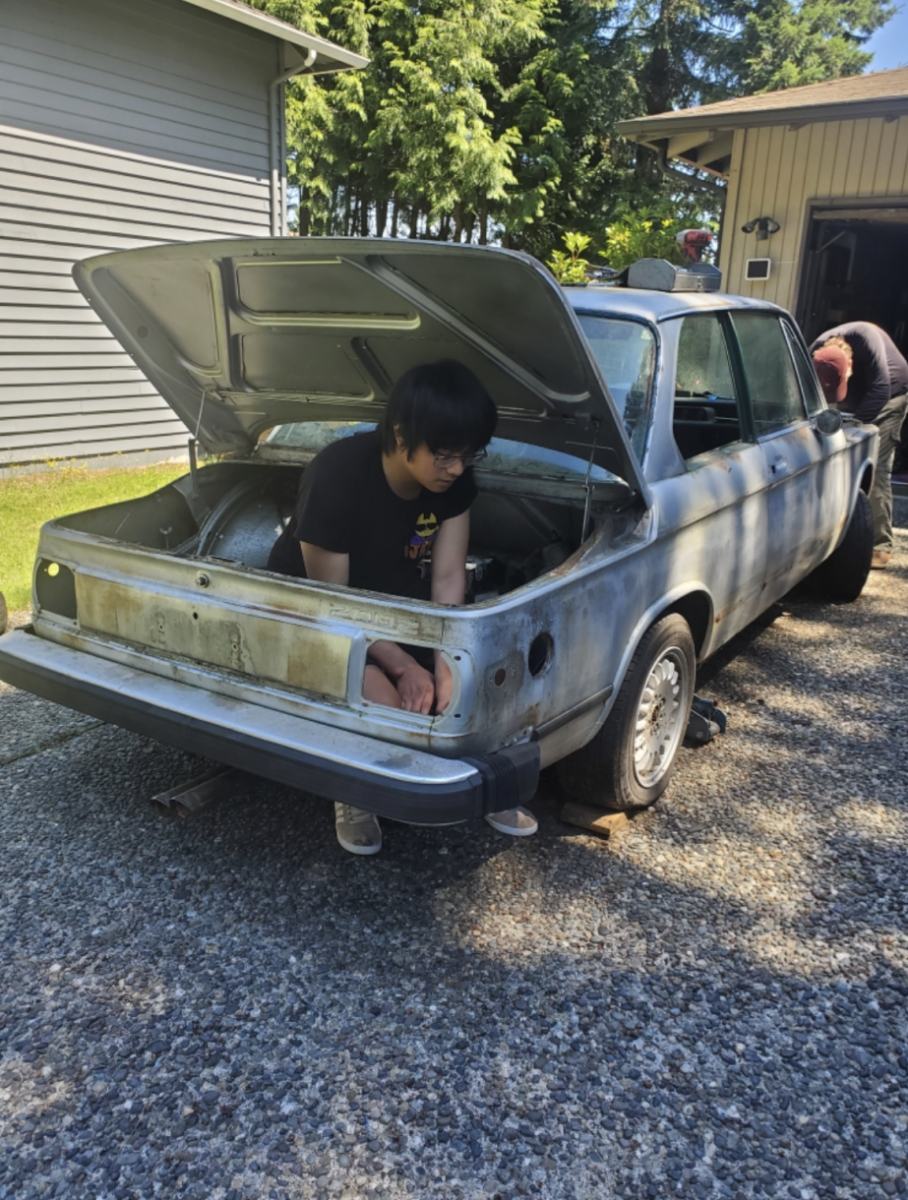I suppose it should come as no surprise that I’ve been a customer of the campus’s psychological services. As the youngest sibling of three, my persona draws from a childhood spent tableside and bedside, ears open to stern, long-winded and often conflicting advice from elders.
I’ve since been a walking sponge of sorts, drinking in all the counsel and input possible in preparation for an unforeseen day when I’m asked, “”Do you understand yourself?”” So, contextually, it makes sense that later in life, I would find my comfort zone in an easy chair, in front of another adult telling me what things mean and what to do about them.
This month, I will have spent a year away from that chair and the shrink across from it.
So, in therapeutic fashion, this piece is meant to chronicle a trek across years of psychological development (or regression, if you want to be mean about it), and hopefully provide some amount of useful introspection for other furniture-familiar students – and there are many.
In 2004, UCSD Psychological Services served 2,000 students (a figure pulled from an article this newspaper published on issues of staff shortages and budgetary deficiencies).
A year later, a university-commissioned report on students’ mental health formalized the problem: UCSD, specifically, had about 11.5 full-time employees at the time, a ratio of one psychologist to every 2,300 students. In some cases, the picture was even darker for other UC campuses, most of them reeling from the same state and administrative budget cuts that racked our campus in 2003-04.
Modern-day politicalization of all things is inevitable, though it is truly sad when such a mindset is applied to health care. A personality becomes a number, and the intangibilities that we enjoy about life become demarcated in a colder, more definable manner. Revelle College then-sophomore Tracy Ho, an interviewee for the previously mentioned Guardian article, was one of many statistics forced to wait weeks for one appointment. Ho was then referred to UCSD Medical Center in Hillcrest, after her on-campus counselor told her there were not enough staff to accommodate her longer-term needs.
I was luckier. My own campus therapist was both earnest and excitable, always pushing mental homework – which included forced conversation, Excel charts scribbled with daily emotive discourses and physical exercise. My give-to-get mentality kept me in the program week after week, but throughout it I realized, “”Man, mental health is hard to sustain.””
It’s a hard world out there. The hermit archetype is all but dead; it’s impossible to drop all things to wander into the desert alone, Biblical-like.
Today’s world is a primitive one, where we are forced into moral fights as we sit and deal with our problems, our spouse’s problems, our neighbors’ problems, our children’s problems – the list is infinite.
I often reflect on my own therapist’s investment in me (he extended me past the 12-session limit and continued the meetings until I cut them off), and realized further that other students lack such a luxury. Even a small deterrent – i.e. having to take a weekly bus trip to Hillcrest – is enough to stymie a student from seeking help for mental health issues.
The last of my regular sessions occurred in the campus’s newest offices, in a collection of buildings that emanated an unsettling dead-tech, postmodern ambience. It was an unabashedly cold design for an environment meant to fit every warm, welcoming, couch-laying typecast.
By the tail end of my therapy, I concluded that there was something self-serving about paying to talk about yourself – sessions became, for me, something unbecoming and shameful. But because departmental fees are divvied up to make on-campus psychological care free, students can enjoy one more degree of separation from embarrassment, and I can stop prying conversations with the “”hey, it’s free”” defense.
But are psych services “”free,”” in the word’s strictest sense? Students pay mandatory fees, which have been directed to other campus units in previous years. But this is no whine-fest, stumping for psychological services while cutting down Student Affairs officials (who dole out fee money); this is a sincere reflection on the street-level impact of budget movers and shakers.
I’ll be forever indebted to my therapist’s devotion, though such an extended experience in therapy is an anomaly for the cash-strapped state and university. But even just one session offered me a memorable epiphany: There is a gaping abyss between self-awareness and self-improvement, and I’m still trying to build a bridge to the latter. The issue of mental health, in all its sensitivity, can be supported by even a simple act, such as enrolling in one session.
A simple slight, however, can be damaging on an equal level, and staffing and funding shortfalls are in no way simple.







